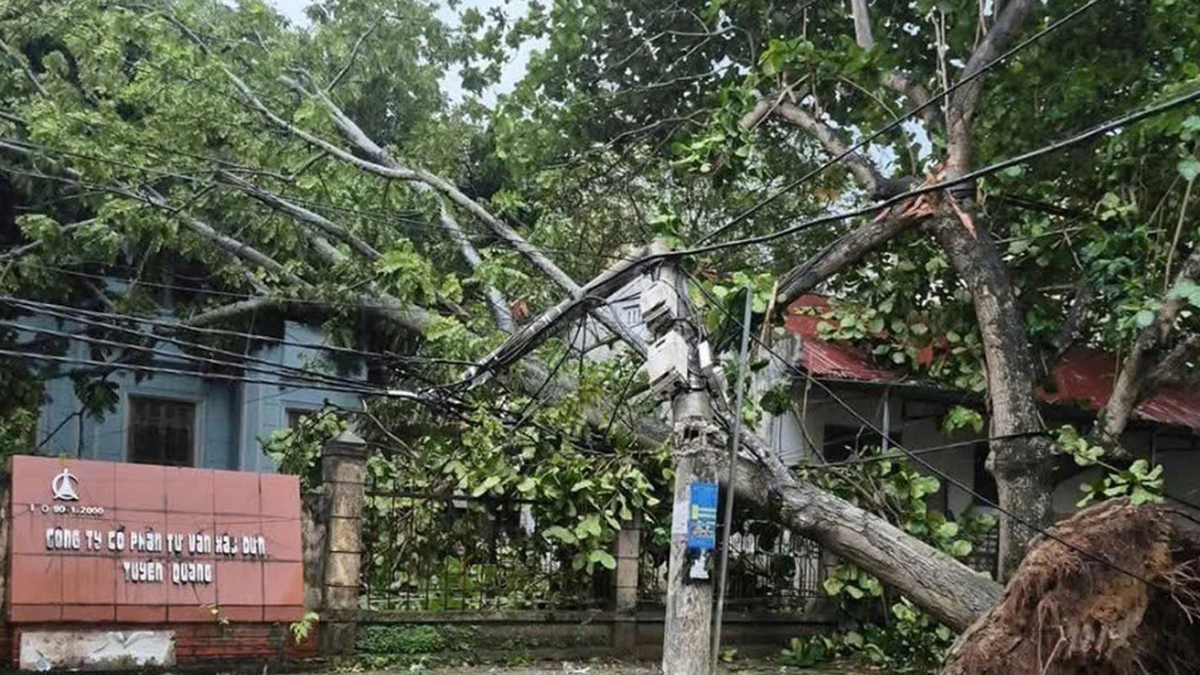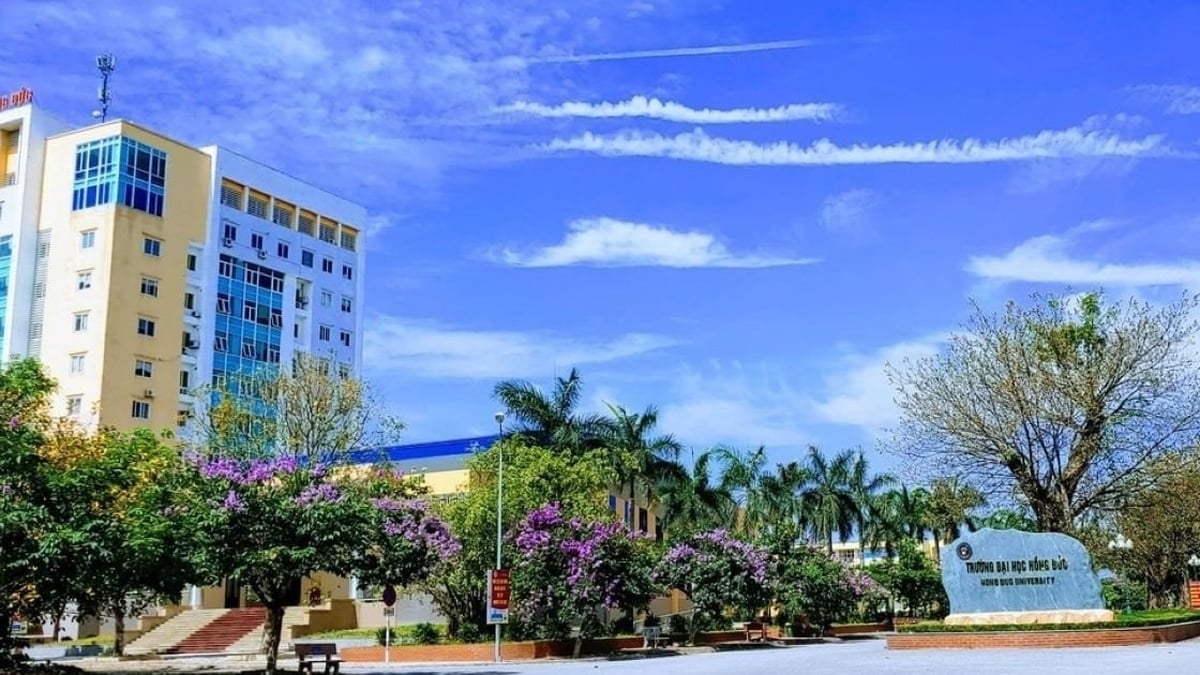
The comrades chaired the workshop.
Comrades: Y Thanh Ha Nie Kdam, member of the Party Central Committee, member of the National Assembly Standing Committee, Chairman of the National Assembly's Ethnic Council; Chau Van Lam, member of the Party Central Committee, Secretary of the Provincial Party Committee, Head of the National Assembly Delegation of Tuyen Quang province; leaders of the National Assembly's Ethnic Council chaired and directed the workshop.

Working scene.
Delegates, experts, scientists , leaders of central ministries and branches exchanged and discussed proposals on the use of terms and concepts in the development, promulgation and implementation of legal policies related to ethnic minority and mountainous areas; subjects of regions, people, households, communities in legal documents on ethnic groups; issues arising in the implementation of poverty reduction and social security policies related to subjects of special difficulty zones, ATK, coastal flats, islands...

Delegates of central ministries and branches at the Workshop.
At the discussion session, representatives of some provinces and cities also assessed the current status of implementing legal policies related to regulations on regional and ethnic groups in the area. At the same time, they proposed to continue implementing policies and laws related to regulations on regional and ethnic groups in the coming time.
In particular, it is recommended that the Central Government soon issue a set of criteria to identify villages that are not in particularly difficult situations; approve the list of villages in ethnic minority and mountainous areas so that localities have a basis for implementation; consider, research, and integrate the criteria for identifying mountainous and highland communes with the criteria for identifying extremely difficult villages and communes in regions I, II, and III into a set of criteria to unify and review and apply to each stage of socio-economic development.

Delegates from provinces and cities at the Workshop
Along with that, continue to review current policies, integrate similar policies, avoid fragmentation and overlap; cut ineffective and no longer suitable policies to overcome the situation of resource dispersion.
At the same time, consider issuing policies on health insurance support and education for ethnic minority households living in communes in Region III to reach the new rural area and become communes in Region I to reduce difficulties for the people. Central ministries and branches should research and propose to competent authorities to issue specific mechanisms in recruiting, training and fostering cadres, civil servants and public employees who are ethnic minorities...
Concluding the workshop, Chairman of the National Assembly's Ethnic Council Y Thanh Ha Nie Kdam emphasized: One of the scientific issues that has a significant impact and influence on policies, laws, and the effectiveness of ethnic work, ethnic policies... is to determine the content of important and basic concepts and terms in the Party's policies and the State's laws related to ethnic issues.

Provincial leaders at the workshop.
It can be seen that in the practice of law-making and implementation of policies and laws on ethnic groups, many terms and concepts are widely and popularly used but have not been specifically defined in terms of content or are only generally and unclearly regulated; the distinction between concepts is also not clear, and there is overlap in scope and objects.
Accordingly, it has caused certain difficulties and obstacles in the implementation of tasks of a number of relevant agencies, both at the central and local levels, reducing the effectiveness and efficiency of ethnic policies.
However, defining the connotation of important terms, concepts, and criteria in the field of ethnicity is not a simple task. Through today's workshop, the speakers had different explanations and definitions based on different bases.
He requested the Economic - Budget Subcommittee of the Ethnic Council to fully synthesize the opinions and discussions at the Workshop to send to relevant agencies for reference and exploitation in the process of building, planning policies and organizing law enforcement in the ethnic field.
Source

































































































Comment (0)